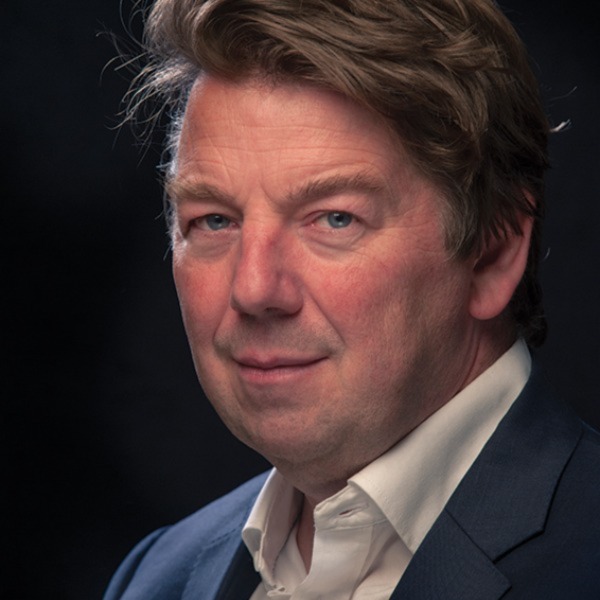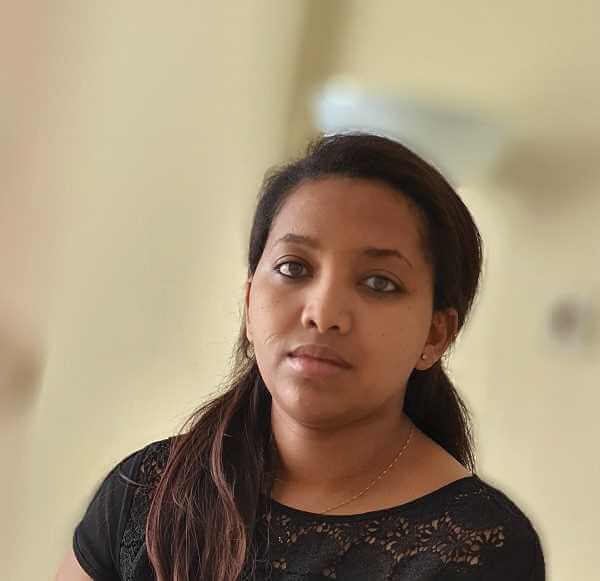Brain health across borders: global art-based approach to COVID-19 psychosocial impacts
Meron Sisay Abey and Dominic Campbell, Fellows for Equity in Brain Health, developed a creative arts intervention in Gefersa Mental Health Rehabilitation Center in Oromiya, Ethiopia.

The Spark
Meron Sisay Abey and Dominic Campbell, Fellows for Equity in Brain Health, developed a creative arts intervention in Gefersa Mental Health Rehabilitation Center in Oromiya, Ethiopia. Dominic worked remotely from Ireland. The aim was to fight the psychosocial impact of COVID-19 by introducing a new approach of art-based intervention in healthcare services. Between October 2021 and February 2022, the project reached 92 patients with a variety of conditions and behaviors, with 56 of the participants attending more than eight of the 24 sessions.

The pandemic brought staff shortages to the Center with the remaining staff under increased pressure and patients being withdrawn and having to spend most of their time inside wards.
The project aimed to alleviate mental distress, withdrawal and the physical wellbeing of residents, and help the Center learn new ways of engaging with patients.
Center management and staff were involved in the project development to clarify expectations and opportunity. COVID-19 protection, refreshment and workshop materials were bought and supplied. Staff were trained in basic facilitation with 10 dedicated to the project. Weekly workshops took place, and a variety of activities were undertaken: story prompting and collecting photographs to stimulate ideas, coloring, weaving and traditional handcrafts, and gardening.

Bringing a new idea into the medical sphere is akin to an act of faith. To bring everyone onto the same page with Meron and Dominic required consistency (showing up, repeatedly), generosity (willingness to do more than the basic, e.g. adapting schedules), forthrightness (plain speaking, addressing challenges clearly), emotional intelligence (remaining attentive to the authentic needs of others, and their own concerns), and translation of knowledge into modes of communication (the commissioning of biomedical research, attracting media awareness, supporting institutional leadership to gain political capital from media attention).
Other challenges included both Meron and Dominic being “creatives” and therefore economically precarious, so it was difficult to maintain all the work that was needed to bring the project together.
The project ended with an exhibition and media coverage – an article in the Ethiopian Business Review and a documentary on Fana Television. An external evaluation was developed by Dr. Bethel Tibebu of Amanual Psychiatric Hospital, producing Ethiopia’s first measured report on the clinical outcomes of creative arts activities in healthcare. Meron presented on the project with Dr. Bethel at the 2022 Creative Brain Week in Dublin.

The Initiatives
.jpg)
The Scale
(K)new Solutions
Over time, the project went from being regarded as unusual to settling into the life of the Center. Patients moved from being suspicious of this new “treatment” to being curious, expressive and enthusiastic – they developed creative agency as they emerged as personalities from beneath the label of patient. It was not easy for staff trained in biomedical framings (and whose professional lives demand a degree of distance) to adjust, but their level and depth of engagement increased. The Center management board went from recognizing short-term financial benefits to identifying long-term systemic and strategic benefits. Key outcomes included:
- Demonstrating the value of arts in health by showing changes in individual, group and organizational behavior. It has the potential to transform and support the healthcare system but does imply some reorganization of the systemic delivery of care – creative work propagates whereas medical approaches replicate.
- A scholarship for five Gefersa facilitators on the Arts in Medicine Project’s Pan-African Fellowship.
- The Center benefiting from art on the walls, planting, altered relationships, staff training, materials and COVID-19 protections, and from the attention brought to the project from the media and Ministry of Health (MoH).
Setting a precedent for this type of work in Ethiopia and prompting a discussion about a national strategy for Arts in Health.
The Future
Both Meron and Dominic are following up the project in various ways to explore how creative work can be a tool of health equity in diverse cultural contexts. Examples include:
- Recognizing a responsibility to maintain a relationship with the staff and patients of the Center, to learn with all parties who engaged with a hope that the work there can continue. The management want to obtain funding from the MoH to do so and Meron would be involved in developing the program.
- The MoH wants to bring the work into a new and developing school of public health.
- Dominic has connected to Peace Studies experts in Northern Ireland and artists working in conflict and post-conflict zones to consider if there is a possibility in connecting creative health work with post-conflict engagement. He is also developing a strand of Creative Brain Week programming about neuroscience, conflict and post-conflict.
- Meron is looking at ways to register a center to be a platform for research, practice and implementation for Arts in Health, and also to connect with those nationally and internationally working on the same topic.
Media Mentions
The Initiative is working on releasing the Holistic Safety Education course and offering training on using HoSAI as a tool to improve the safety of girls and frontline defenders working with them.

.jpg)




